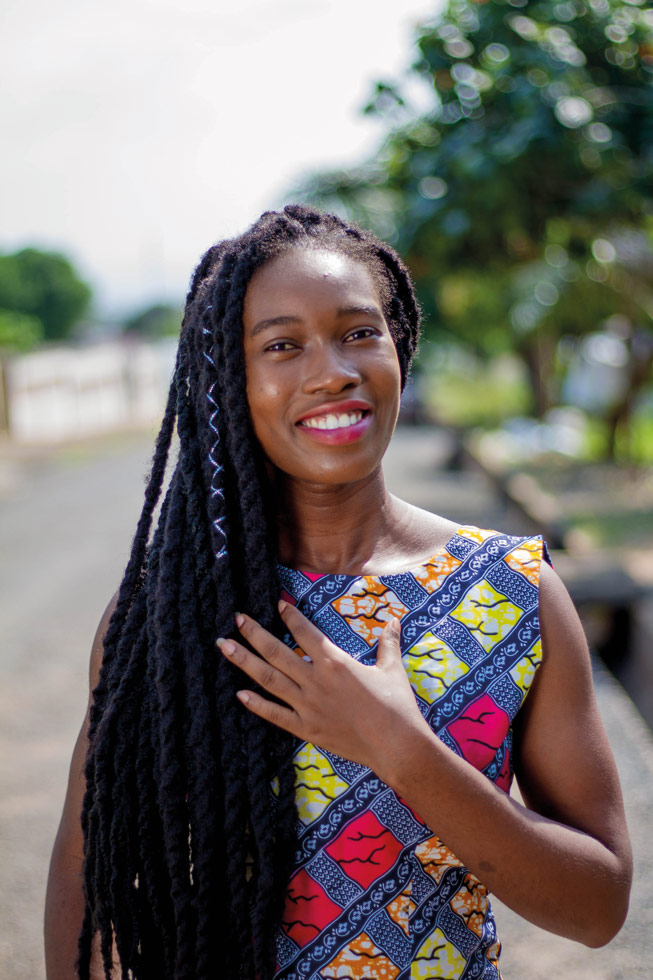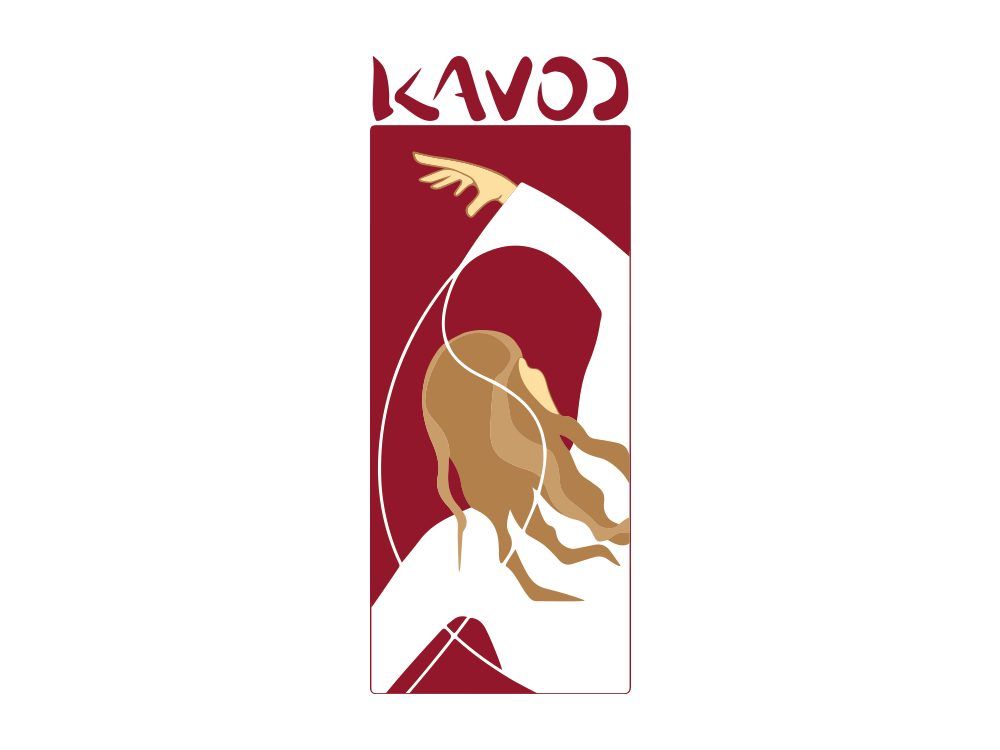The woman in prostitution
How beautiful you are, my sister!



These words are meant poetically, but they reflect the truth. Whenever we go visit the women on the streets, or in brothels, studios, and night clubs, we look into their eyes of each one. We meet them on the same level. That means we are meeting a person – a woman, a sister. We feel solidarity with that woman. The story of her life, which we don’t always know, is something we sense and something which touches us.
We put a series of questions to 63 NGOs in 18 different countries to find out more about prostitution and work amongst prostitutes across Europe. This research project brought clear results particularly regarding countries of origin. In most European countries Romanian women are the largest group working in prostitution, followed by Nigerians, Bulgarians and Hungarians. In some locations one national group is sometimes over-represented compared to the average – in Austria, for example, this is the case with Chinese women.
According to experts in the field, Romania has been the centre of the sex trade in Europe for some years now. What is the significance of this for Romania? What should this mean to the many Romanian churches in western Europe, in precisely those countries where their compatriots are being exploited? Should churches not recognise their calling to stand with the exploited? We are talking to several churches about a vision we have: during the period a woman spends in a shelter, when she is not able to earn, a Romanian church would take on a sponsorship for that woman’s family.
On average, 58% of women in European prostitution are mothers.
In Romania, many children grow up without their parents, because the parents work in another country. These children are referred to as orphans of migration. One expert comments as follows:
But the real harm is the lack of emotional security in the children – not knowing when their parents might reappear, and for how long.
In almost all these cases, the mother is the sole source of of support. In patriarchal societies it is not usual for a woman to go to court to claim her legal rights. So this leads to a situation where the woman is carrying the full financial burden for the whole family. Our experience of contact with countless young mothers bears this out: sadly, we know of not one single case where the father pays any kind of financial contribution.
In families like this we also see another phenomenon that is becoming ever more common: the feminization of poverty. This occurs whenever a household is run by a woman, with no contribution from a male earner.
Unfortunately in many countries state child support and social welfare are either do not exist or are available only in insufficient amounts. These state benefits are something the women simply do not have. Often, their families are also little help, especially when parents are sick or unemployed.
Many women who work in prostitution come from collective societies. In collective societies, the well being of the individual has to be subordinated to the well-being of the family – often the extended family. The individual – in other words, the woman working in prostitution – sacrifices herself for the well-being of the children or the whole family. Structures like this once again make it clear how prostitution can be a consequence of patriarchy. Violence against women takes on yet another form, reconfirming how low is the woman’s place in the social pecking order.
Prostitution often has very little to do with a person’s free choice. There can be no question of free choice when prostitution is the only alternative to poverty. We hear so may stories that confirm this, like the young woman who started crying one evening as we stood talking. She told us how she is forced to work in prostitution to earn the money for her mother’s cancer treatment.
Quite apart from the question of free choice, many of these women have simply been deceived. They were promised good jobs in Western Europe. Or they were told they would only have to work in prostitution for a very short time. Many of them are ashamed that they were fooled, deceived by people they should not have trusted. They regret they made a stupid decision. But despite all this, their families still need the money they send. So they keep on working.
One of our co-workers took the chance one evening to ask each of the women one by one how they could stand it, having to sleep with so many men every single day. They all had the same answer: I just turn off everything below my head and only think about the money I’m earning.
Thorpe, 2014
https://www.un.org/womenwatch/daw/followup/session/presskit/fs1.htm
Dissociation of this kind is a survival strategy. Basically, without it the women couldn’t keep on working. It can take various forms. For example, whenever they talk about prostitution, they refer to it as their ‘job’. This is one way of distancing themselves from it. Secondly, when they are working many women use an alias. (We are always really glad whenever someone tells us her real name.)
Prostitution isn’t a job like any other, though. This is one of the reasons why we are reluctant to refer to the women as ‘sex workers’. Prostitution isn’t a job like any other because it is far more intensely bound up with someone exercising power over someone else, with disregarding limits and with violence. Prostitutes don’t enjoy any of the provisions of labour laws, for example. They have no regular working day- in fact, many of them work around the clock. There is no employer who makes contributions to a pension fund. Pregnant women in prostitution do not get pregnancy leave.
Many of the women tell us: I am completely finished, my heart is broken, there’s nothing left. Our experience is borne out by the numerous studies which have found that prostitutes offer suffer from post traumatic stress syndrome.
We’re standing at a door of a room in a brothel. There’s a piece of paper stuck to it, and what we read on it, – how the woman inside advertises herself and what she offers -, is pretty shocking, even though we’ve been fairly inured to that sort of thing. So when we knock we’re expecting a tough, self-confident type to come to the door, someone with both feet on the ground who knows how to deal with men. Instead, to our surprise, a pretty, petite, rather shy young woman opens the door. We smile and tell her why we’re there, hoping she senses, at least a little, how we see her. All the time we’re wondering: what happened in your life, so that you ended up you here? Who is using you? – Questions for which we have no answers. But we are going to come back, with the hope that her life, too, will change for the better.
These women are all used to humiliation, because society at large, their customers, random men in passing cars all take the chance to heap insults on them. We have something to say in a quite different vein, however. We want to speak encouragement. We want to tell each one how lovely she is, how much she is really worth. We want to talk about the dreams she had, the dreams which are still there, slumbering deep inside her. We want to dare her to hope again, to dare to do something new. We want to look her in the eye and say: “You are not a victim – you are a survivor!”


